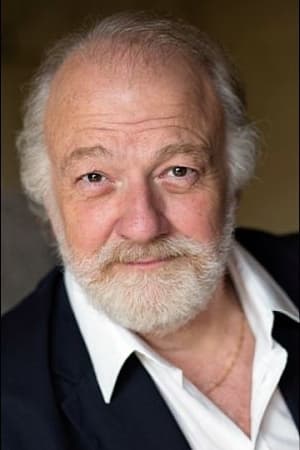Chris Merritt (b. 1952)
Birthplace:
Oklahoma City, Oklahoma, USA
Born:
September 27, 1952
Chris Merritt (born September 27, 1952, in Oklahoma City) is an American tenor. Merritt began piano studies at 8 years of age with Viola Knight. During this time, he also studied art at the Oklahoma Museum of Art. At 9 years of age he began dance studies under Jewel Grigsby. He credits Al Ossenkopp, one of the music teachers at his Oklahoma City high school, with inspiring him to take up a singing career. Finally, Merritt began singing lessons in the preparatory department of Oklahoma City University at 15 years of age. His teacher was Florence Gillam Birdwell. By this time, he had already changed piano studies to Oklahoma City University (OCU) preparatory department with Dr. Robert Laughlin. It was also at OCU where he made his first operatic appearance in Douglas Moore's The Ballad of Baby Doe, at the age of 17, in a university production and singing alongside university-school-mate Leona Mitchell. At 18 and 19 years of age he performed and studied at Inspiration Point Fine Arts Colony, Arkansas, under direction of Dr. Isaac van Grove. At age 20 he was accepted at the Wolf Trap Farm Park for the Performing Arts in Virginia as fellowship artist where he studied and coached with John Moriarti, Benton Hess and Rhoda Levine. At age 21 he was accepted into the summer season "Apprentice Program for Singers" at The Santa Fe Opera. During his college career at Oklahoma City University from 1970 to 1978, Merritt's voice teachers were Inez Lunsford Silberg and Florence Gillam Birdwell. Later, he also received an Honorary Doctorate of Music from that institution. Merritt made his professional debut at The Santa Fe Opera in 1975, as Dr. Caius in Verdi's Falstaff, singing with Thomas Stewart in the title role in a production by Colin Graham and conducted by Edo de Waart. However, he also appeared in the Metropolitan Opera's National Council Regional Auditions National Finals Concert on March 28, 1976. In 1977, Merritt attended the American Institute of Musical Studies (AIMS) in Graz, Austria as a scholarship recipient. After hearing him at a presentation-concert, an agent sent him out on an audition tour through Austria, Switzerland and Germany. Merritt returned to the AIMS program in 1978 where he made his European debut in a concert broadcast live from Graz' Schloss Eggenberg on ORF Austrian National Radio, singing Janáček's song-cycle The Diary of One who Vanished and collaborating with pianist Norman Shettler. Merritt began a three-year engagement as ensemble member of the Landestheater Salzburg in the fall of 1978, while from 1981 to 1984 he sang as an ensemble member at the Staedtische Buehnen Augsburg in Germany. ... Source: Article "Chris Merritt" from Wikipedia in English, licensed under CC-BY-SA 3.0.





